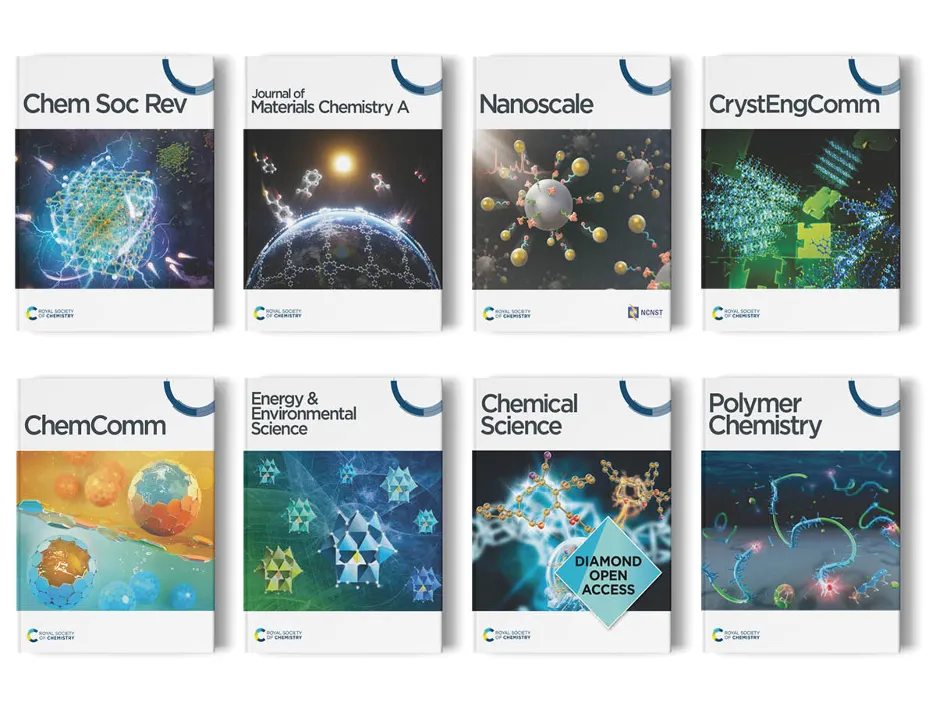DNA nanotechnology

Submissions now open
| Deadline: | 21 July 2025 |
|---|---|
| Guest Editors: |
Chunhai Fan, Shanghai Jiao Tong University Wenlong Cheng , University of Sydney Chengde Mao, Purdue University Shelley Wickham, University of Sydney Young Hoon Roh, Yonsei University Laura Na Liu, University of Stuttgart |
|
DNA nanotechnology concerns unconventional design of artificial nucleic acid materials beyond their function as genetic information carriers in life. It harnesses the unique programmable properties of DNA molecules to create unprecedented nanoscale structures and devices with applications across a wide range of disciplines including chemistry, physics, engineering, computer science, mathematics, biology, electronics and photonics. This special-themed collection is motivated to provide a platform to showcase state-of-the-art progress and address future challenges and opportunities. The scope of the collection is broad, including but are not limited to:
Since its foundational concept established by Nadrian Seeman in the 1980s, the field of DNA nanotechnology has attracted significant research efforts worldwide and flourished over the past 40 years. Today, it represents a critical component of modern nanoscience and nanotechnology, opening new frontiers in both fundamental science and practical applications. Taking advantages of ubiquitous Watson-Crick base-pairing interactions, DNA nanotechnology offers the ability to design and manipulate matter with high precision at the molecular, nano and microscopic scales, enabling various DNA origami architectures, plasmonic nanoassemblies, DNA robots, DNA computing, biosensing, drug delivery and therapies, to name a few. How to submitWhen ready, please submit your manuscript directly to the submissions platform for Nanoscale Horizons where our Editors will assess as per the scope and standards of the journal. Please add a note in the ‘Comments to the Editor’ and ‘Themed issues’ sections of the submission that this is a submission to the ‘DNA Nanotechnology’ themed collection in response to the Open Call. Submissions should fit within the scope of Nanoscale Horizons. Please note that primary research for Nanoscale Horizons is accepted in the form of Communications and requires a ‘New Concepts statement’ to help ascertain the significance of the research. We strongly encourage you to submit an original research article. If you are interested in submitting a review-type article, please contact theeditorial office in the first instance with a proposed title and abstract, as initial approval is required before submission to avoid topic overlap and ensure that we cover topics in need of review. Please note that all submissions will be subject to our standard rigorous peer review process, including an initial editorial assessment of suitability for the journal before potential peer review. If accepted, your article would be published in a usual journal issue and added to the online collection for extra visibility |
|
Nanoscale Horizons
Impact factor
6.6 (2024)
First decision time (all)
9 days
First decision time (peer)
38 days
Editor-in-chief
Katharina Landfester
Open access
Hybrid
Related pages

Publish with us
Get your work the international recognition that it deserves.

Our journals
We publish over 50 world-leading journals that span the core chemical sciences and related fields.

Sign up for journal email alerts
Get table of contents alerts and notifications about calls for papers, themed issues and more.